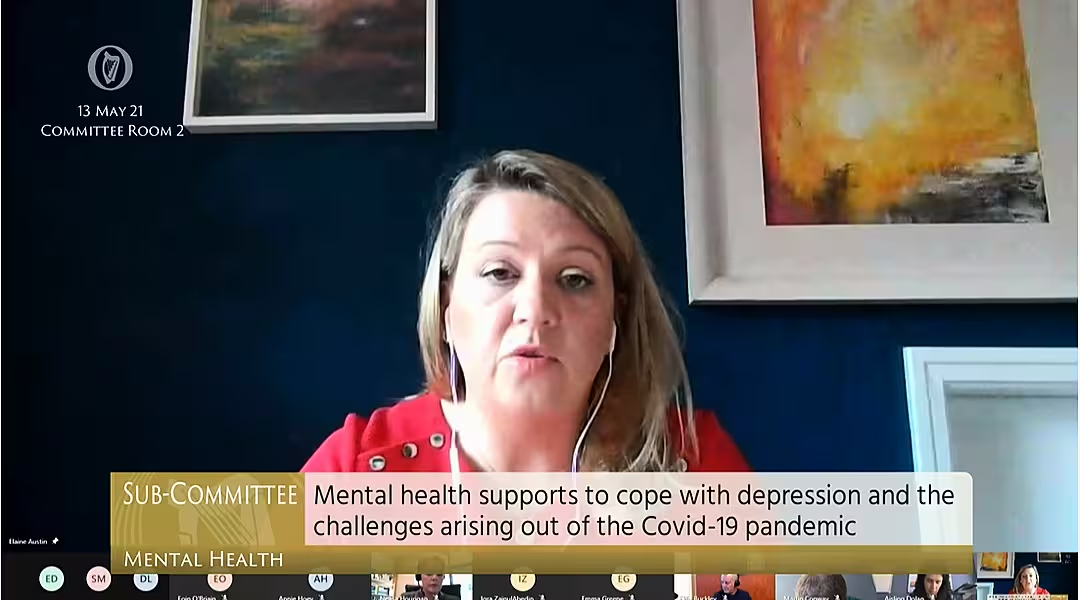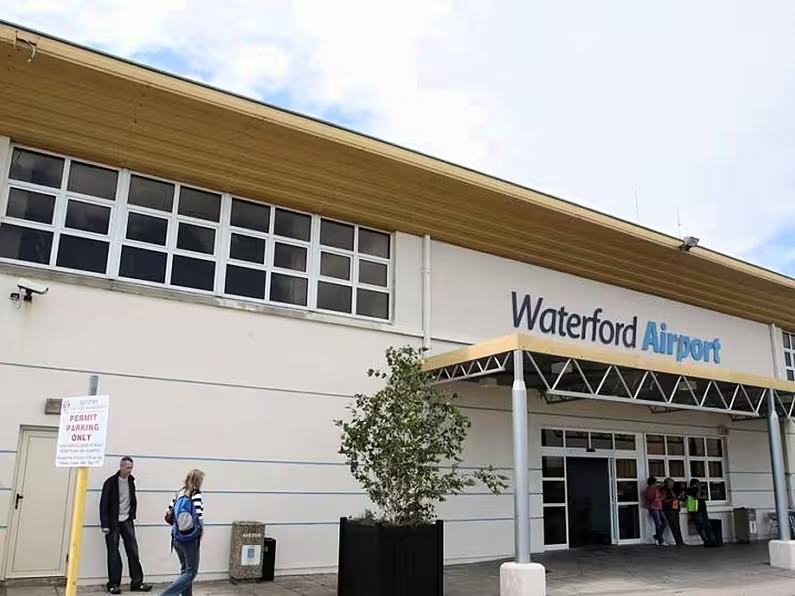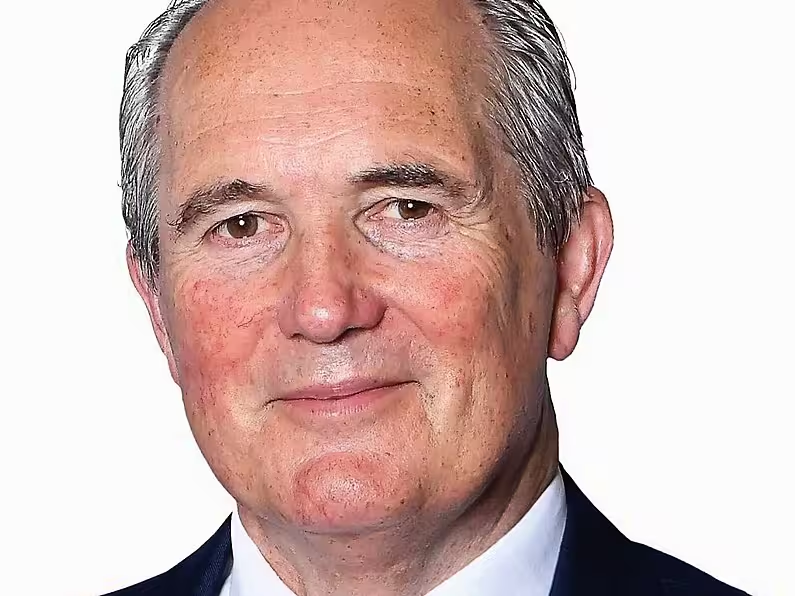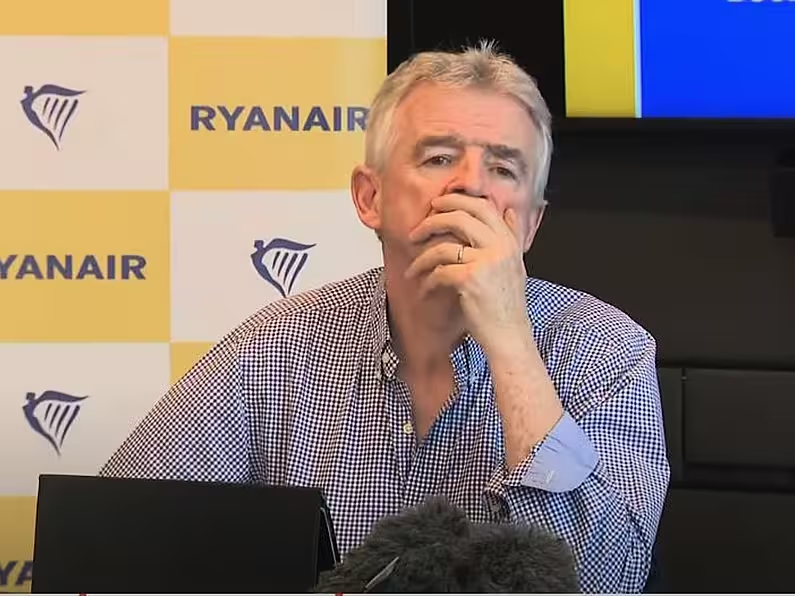By James Ward, PA
Crisis calls to mental health support lines increased by more than 30 per cent during the pandemic, a Dáil committee has heard.
Pieta House said it received 30 per cent more crisis calls and texts last year compared with 2019, while the charity Aware experienced a 36 per cent increase in calls to its support line.
The organisations have called for greater investment from Government, with demand for services expected to increase as a result of the pandemic.
“Last year we answered 30 per cent more crisis calls and texts than in 2019, and this year we have already answered over 22,000 calls and texts to our helpline,” Pieta House chief executive Elaine Austin said.
“Over the past year, our helpline has seen a spike in calls on a number of occasions, mostly when restrictions were announced and/or Covid case numbers were rising.
“These calls and texts are not simple statistics, they are real contacts between our people and vulnerable clients in the community.”

Ms Austin told the Oireachtas sub-committee on mental health that the demand for services is expected to continue to rise in 2021.
She added: “We want to see an increase in the volume and capability of psychotherapists and counsellors, to benefit across all mental health services and to meet the current and future demand for services.”
Aware chief executive Dominic Layden told the committee there had been “a dramatic and immediate increase in demand for our services”.
“Aware recorded an overall increase of 36 per cent in calls to our support line in 2020, with peaks of over 80 per cent in April, May and July.
“Our volunteers observed higher numbers of very distressed callers and increased engagement with service users sharing more intimate details than we have experienced before,” he added.
Mr Layden said research on past epidemics have shown a three-fold increase in mental health problems, citing a 2020 study by the Psychological Society of Ireland.
He warned that those with pre-existing mental health conditions have been hit particularly hard by the pandemic.
He said: “Over the past year, Aware’s service users have expressed legitimate concerns that the safety measures employed to protect our physical health are having a negative impact on their mental health, exacerbating pre-existing mental health issues, triggering depressive episodes and reducing their ability to access healthcare services, social and community supports which they previously depended on.”

He added: “It’s clear that the impact of these safety measures is not equal across society and we believe that individuals living with depression and bipolar disorder have been disproportionately affected.
“We are gravely concerned that an already vulnerable cohort is now at risk of significant and long-term distress with very few measures in place to support these groups.”
Mr Layden called on the Government to increase funding for mental health services in light of these trends.
He said: “While additional funding has been allocated to mental health services over the last number of years, it still falls far short of the recommended 10 per cent of the overall health budget as recommended by Slaintecare.
“In fact, percentage-wise, it has fallen to 5.2 per cent in 2021 despite the expected surge in demand for mental health services post-pandemic.”
If you have been affected by any of the issues raised in this article, you can freephone the Samaritans 24 hours a day for confidential support at 116 123 or email [email protected].
Alternatively, the contact information for a range of mental health supports is available at mentalhealthireland.ie/get-support.
In the case of an emergency, or if you or someone you know is at risk of suicide or self-harm, dial 999/112.













